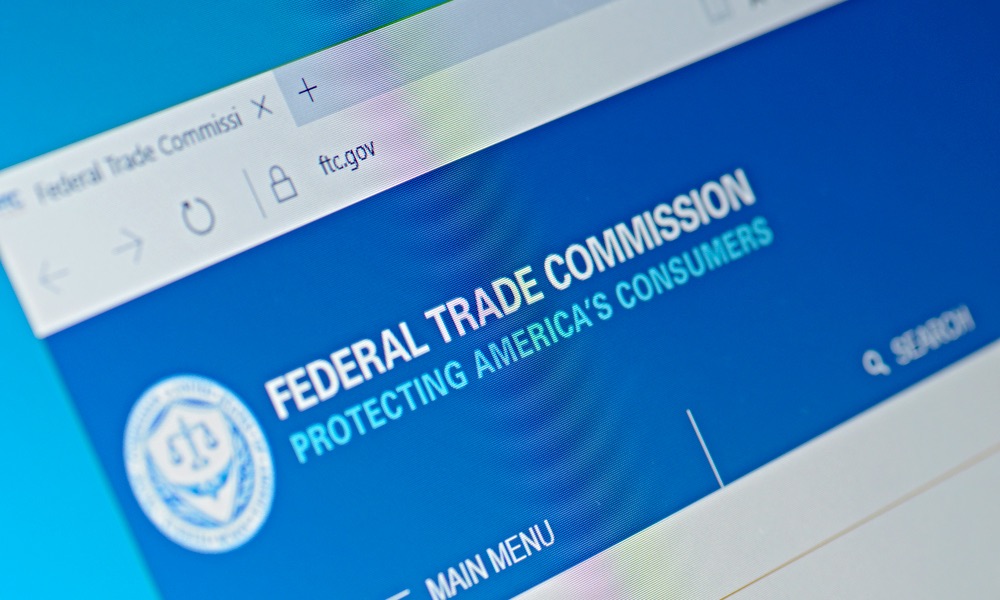FTC Is Refunding $1.7 Million to Victims of This Tech Support Scam
 Credit: g0d4ather / Shutterstock
Credit: g0d4ather / Shutterstock
Toggle Dark Mode
The Federal Trade Commission on Tuesday announced that it’ll start sending about $1.7 million in refunds to victims of a tech support scam.
According to the FTC press release, the scammers operated under the name Click4Support, among other monikers. They reportedly used malicious ads in search engines and as popups claiming to be tech support alerts from major tech companies such as Microsoft or Apple.
Click4Support, as you might expect, has been hit by federal injunctions and other legal actions by the FTC, as well as the states of Pennsylvania and Connecticut.
You’re probably familiar with this type of scam, with a banner telling customers that their computers were infected by viruses or other malware. The ads then instructed those customers to call a support line and pay for “software services” to fix it.
As a result, the FTC says it’ll begin providing 57,960 refunds averaging about $30 each to victims of this specific tech support scam.
The FTC says that most refund recipients will receive their dues via PayPal, but checks may also be sent to other customers. Those that do receive checks should deposit or cash them within 60 days.
Importantly, the FTC says it’ll never require payment or account information to cash a check. If someone does, it’s more likely than not that it’s just another scam.
The Commission also directed users to its new interactive refund dashboard, where users can see a state-by-state breakdown of FTC refunds. Last year, for example, the FTC paid out more than $232 million in refunds to customers across the U.S.
Tech support scams are some of the oldest and most common out there. While they sometimes appear as ads on websites, tech support scam campaigns are also frequently carried out via phone call, email or text message.
Not everyone falls for tech support scams, but many internet users do. That’s especially true as they’ve become much more nefarious and sophisticated over the years, so it’s good to see the FTC take action to make things right for scam victims.
Despite being one of the more frequently encountered scams, it’s far from the only one. We’ve previously covered some of the other common Apple-related scams — and how you could protect yourself from them.






